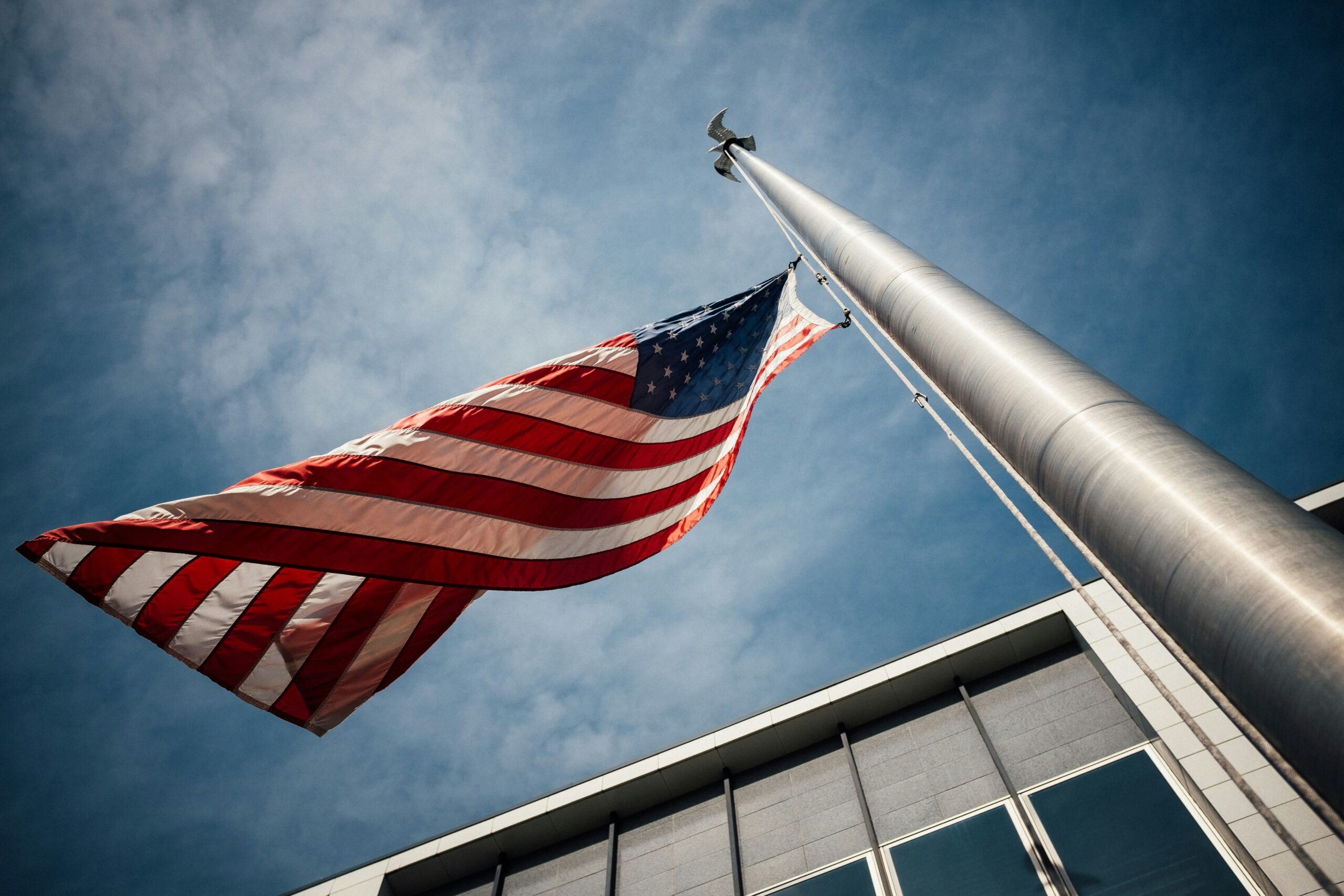Abortion access, ART, surrogacy and the US elections

We asked US surrogacy law attorney Richard B. Vaughn, founding partner of the International Fertility Law Group, to write this guest blog for us on what the US election on 5 November may mean for UK parents considering building their families through surrogacy in the USA. Many of our parents are asking how abortion law changes in the US could affect their planned surrogacy journey, and whether the election of a new President may jeopardise the availability of surrogacy and fertility treatment in the US.
Here’s what he shared with us:
With the US Presidential Election only a couple of weeks away, those of us who work in the field of Assisted Reproductive Technology (ART) are paying very close attention to the polls. Among other extremely significant issues, abortion, ART, contraception, and what constitutes a family are all on the table.
Where we stand:
As of October 7th, 2024, 41 states have some form of abortion bans in place: 13 states have a total ban; 28 states have bans based on gestational duration. 10 states have ballot measures that would protect abortion rights, including: Arizona, Colorado, Florida, Maryland, Missouri, Montana, Nevada, New York, and South Dakota. After the election on November 5th, we’ll know how many of them passed.
Support for abortion access is high: 63% of Americans believe that abortion should be legal in all or most cases, with 36% stating that it should be illegal in all or most cases. Despite the support, far-right politicians see an opportunity in this moment to impose a total abortion ban should the GOP take the White House and control congress.
This goal can be achieved through an outright ban, or through the imposition of so-called “personhood” laws, which declare that life begins at the moment of conception, and from that point forward, the embryo is a child, endowed with all rights thereof.
Far-right politicians also see a path to enact an agenda based on what they see as “Christian” values and their belief that government is ordained by God, a view which includes the unification of Church and State, rather than their separation. This form of government is often referred to as “Christo-fascism.” In this scenario, ART (including embryo creation, storage, and disposition), contraception, and marriage equality would all be in jeopardy of being made illegal and possibly criminalized.
The other possibility, if the Democrats take the White House and control Congress, is that President Harris will sign into law a bill that would protect abortion rights nationally. This is a promise that she has made on the campaign trail, and it is essential to the core values of the Democratic Party, which also supports ART, the right to use contraception, and the right to marry whom you love.
Why this matters for ART and surrogacy:
There are cases during a surrogate pregnancy where abortion (termination or reduction) may be necessary, such as in the case of the genetic malformation of embryos, or if the fetus has developmental abnormalities which may be life-threatening, or if the surrogate’s life is at risk, or in the case of high-order multiple pregnancies. All anti-abortion laws would apply to surrogates as well, unless there is specific legislation providing a “carve-out” for assisted reproduction, so parents from the UK planning a surrogate pregnancy need to be aware of how this affects them.
One solution is of course for any surrogate who needs to undergo a termination to access care in another state if restrictions in her home state don’t allow it. Far-right legislators in some states are also testing travel bans for those seeking abortion care in states that allow it, though we have a long-standing constitutional right to travel in the US and a long-standing principle (also enshrined in the US Constitution) that the states cannot regulate each other or what goes on in other states, so such efforts are destined to fail.
Finally, if multiple embryos have been created and stored, and if legislation passes that declares them to be “human beings” what is to be done with them if they are no longer needed? They could not be discarded and would have to be stored indefinitely or donated for “adoption.” These issues would apply to UK parents with embryos stored at US fertility clinics just as much to American intended parents.
This is a lot of information to take in. We know that our global colleagues are watching, and that what happens in the US could be a bellwether for what happens in other countries. Our message: to whatever degree you can – get involved! Democracy is not a spectator sport, and we all need to participate.
For our UK-based intended parents considering surrogacy in the US, we are here to help you navigate these complex issues and answer any questions that you may have.
Related articles
Information about surrogacy in the USA
Find out more about US surrogacy in our comprehensive US surrogacy knowledge base.
Brilliant Beginnings
US Surrogacy Pathway
Our US Surrogacy Pathway is a trusted service offering tailored professional care throughout your US surrogacy journey.




Recent Comments